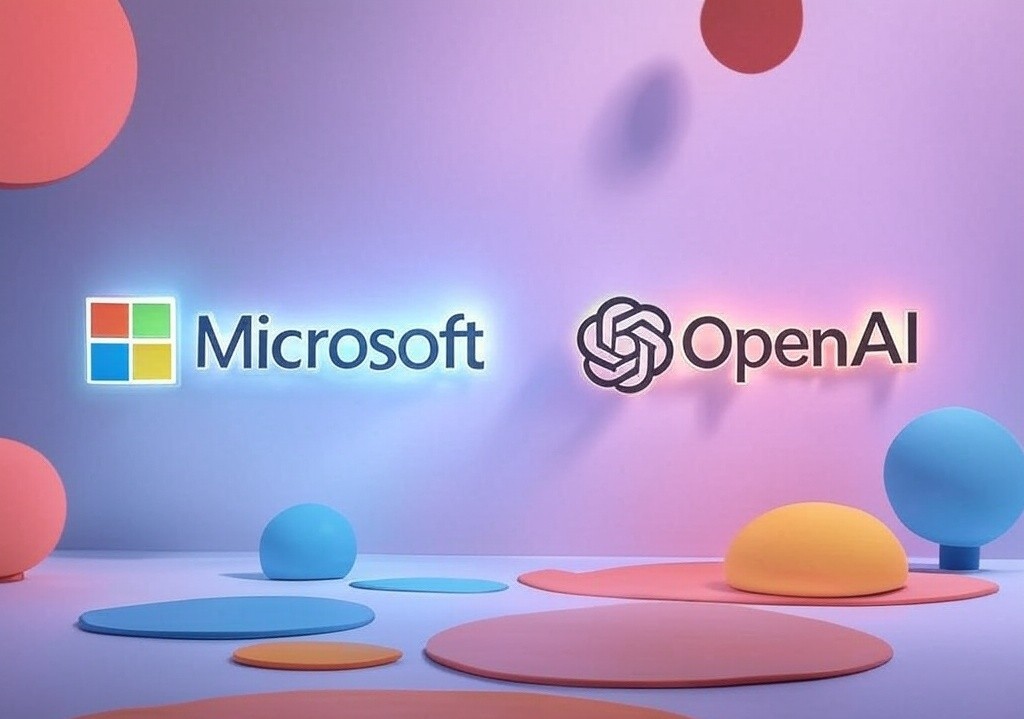The UK’s Competition and Markets Authority (CMA) took significant time to consider if Microsoft’s investment in OpenAI should be treated as a merger. Ultimately, they decided to both start and finish the investigation in just one day.

In a LinkedIn post, Joel Bamford, a director at the CMA, explained that after reviewing all the evidence, they concluded that Microsoft did not gain full control over OpenAI.
Since this change of control didn’t occur, the partnership as it stands didn’t need to be examined under UK merger laws.
Bamford emphasized that their findings should not be interpreted as a complete approval of the partnership regarding competition issues, as the CMA must follow the legal guidelines set by Parliament.
He mentioned that the CMA worked closely with Microsoft and OpenAI, reviewing their operations and documents as their partnership evolved over time.
Bamford noted that the evolving relationship between Microsoft and OpenAI added complexity to the investigation. Recently, Microsoft changed its contract terms, which lessened OpenAI’s dependence on them.
Phil Brunkard, an expert from Info-Tech Research Group UK, suggested that OpenAI’s shift towards Project Stargate and Microsoft’s reduced plans for AI infrastructure might have influenced the CMA’s quick decision to close the investigation.
Brunkard pointed out that the CMA recognizes the need to improve the speed and clarity of their merger investigations. In the fast-changing AI market, they need to determine which factors are most critical.
He stated that businesses and investors require timely guidance, which is difficult in the unpredictable AI landscape, as shown by the changing dynamics between Microsoft and OpenAI.
According to Brunkard, regulators must provide timely guidance based on their confidence in what they are evaluating. If the process takes too long, it can lead to confusion and a lack of impact when a decision is finally made.
He added that the CMA acknowledged the lengthy review was due to the complex nature of the case, the evolving arrangements, and the need for open communication with the companies involved.
Brunkard believes that changes in these dynamics could help the UK regulator make faster decisions in future cases.
Ritu Jyoti, a research vice president at IDC, expressed that people might be overanalyzing Microsoft’s cancellation of data center leases.
She noted that Microsoft is still planning to invest over $80 billion in capital expenditures this fiscal year, which ends in June.
Regarding the Stargate project, Jyoti referred to Microsoft’s official statement and chose not to speculate further.
She highlighted an important part of the statement, which suggests that the new agreement is beneficial for both companies. It mentions a significant Azure commitment from OpenAI that will support all its products and training.
Brunkard also mentioned that just investing money doesn’t ensure a company will succeed. While tools like Copilot can improve efficiency, it’s uncertain if they will significantly impact profits. The challenge lies in keeping pace while understanding what truly matters in the long run.
Other Stories You May Like
